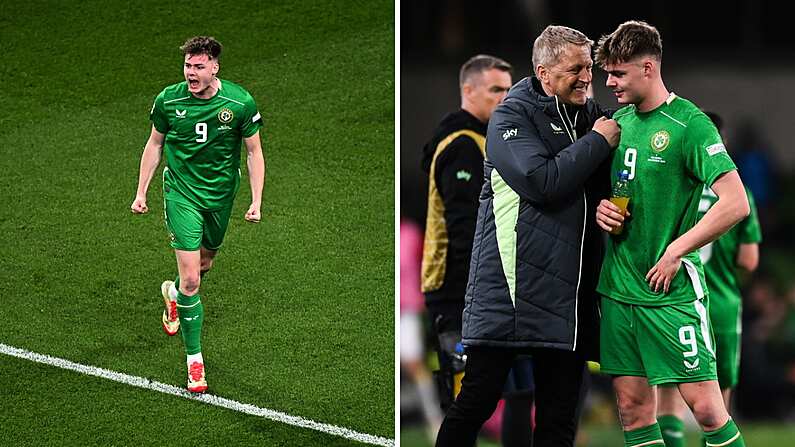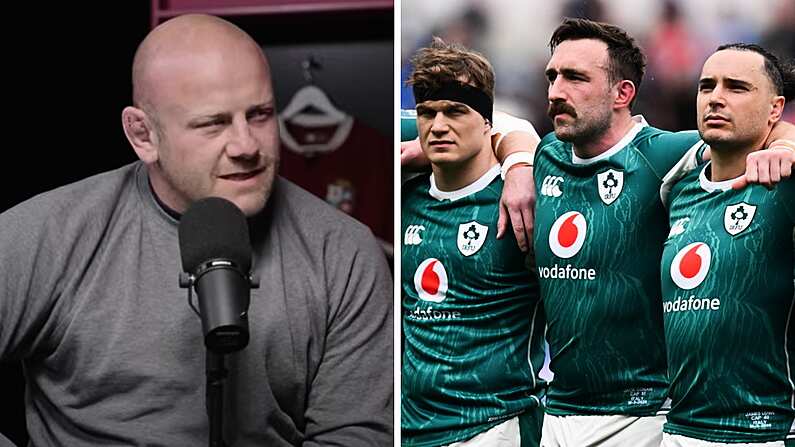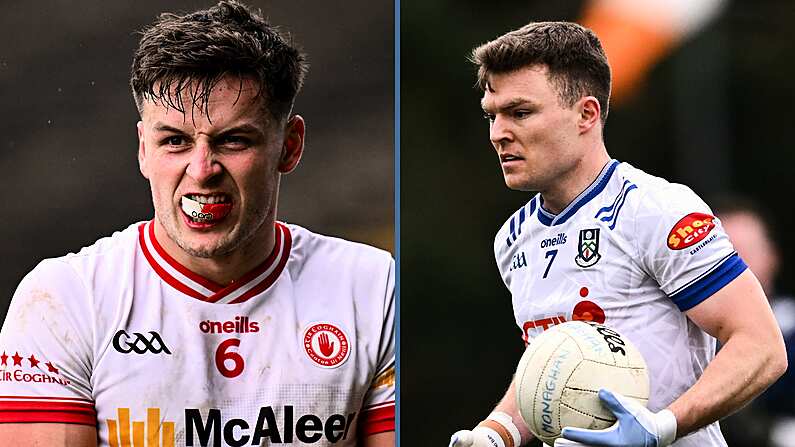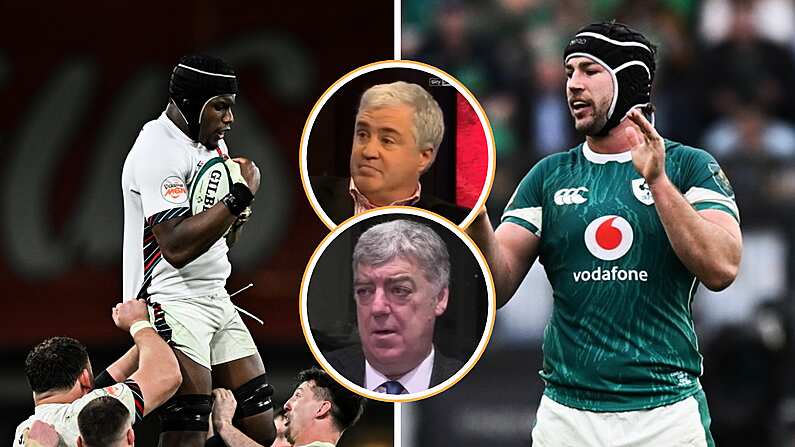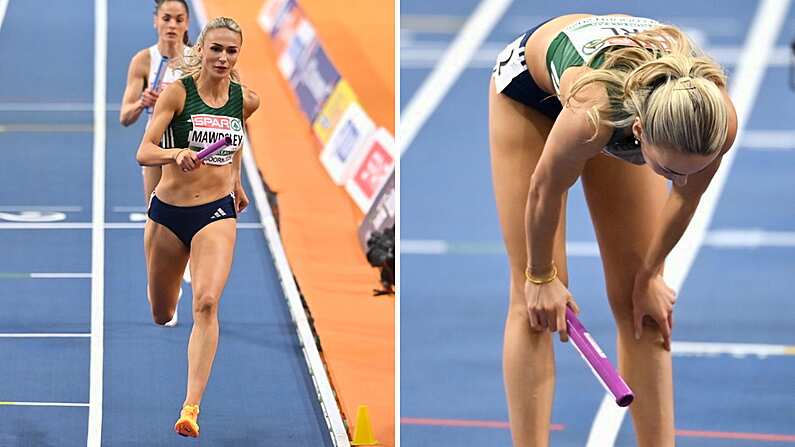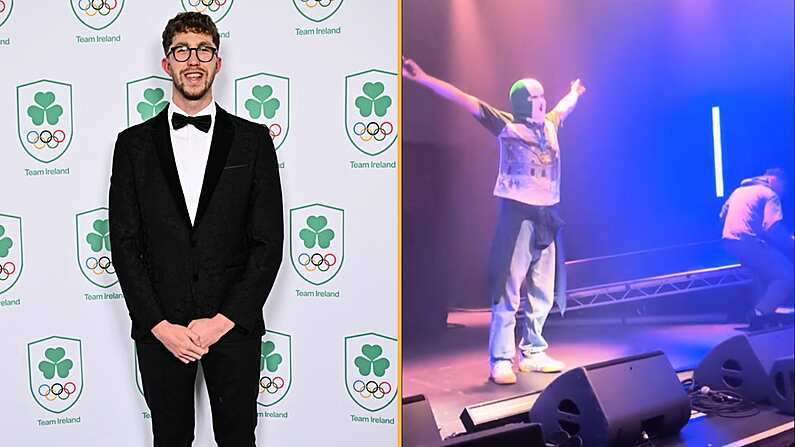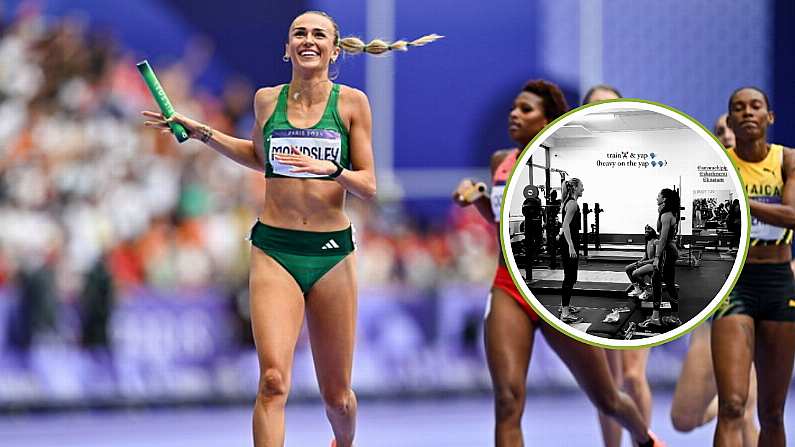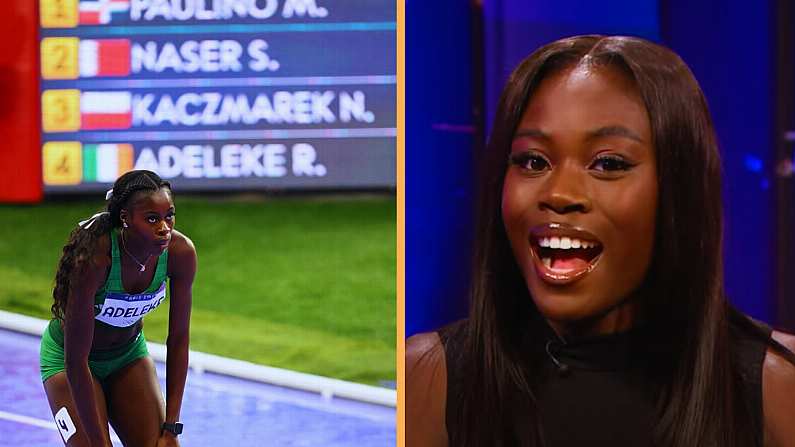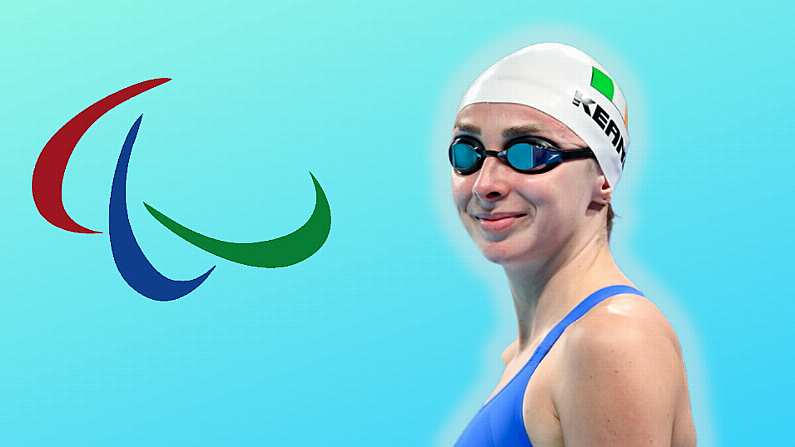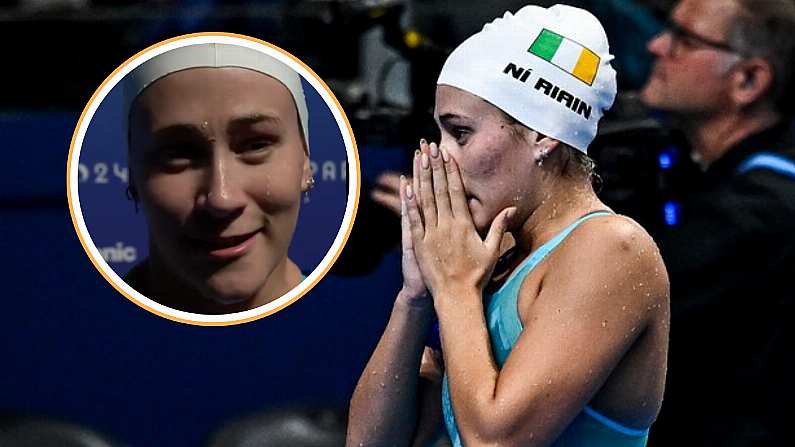So, another Olympics has come to an end. The circus has left town for now, and its wonderful range of performers-from the clowns to the lions-roll on to another town. How will we remember Rio? What images will linger longest in our minds? That is, perhaps, an entirely different question from the one that asks just how successful these Olympics were for Ireland. But how to measure such success? Do we measure it via the courage shown by our athletes? By the number of season's bests, personal bests, or exceptional individual performances? Or in a cold, hard, totting up of the medals tally?
Perspective through comparison is always healthy when conducting this kind of task. Take the 1948 Olympics, for example. This was the last time we brought a similar number of athletes to an Olympic Games (83), and the team didn't travel without expectation. The boxing team, including a European Champion, all failed to medal (albeit that one fighter, Mick McKeon, was injured for his bronze medal box-off). The only medal the country actually won at those Games in London was in the 'Oils and Water Colours' section of 'Painting and Graphic Art', with 70-year-old Letitia Hamilton claiming bronze in a no doubt thrilling spectacle.
A quick glance through Ireland's medal history at Olympic Games will tell you that in London four years ago, we were absolutely spoilt in terms of medals. Our boxing team exhibited a level of performance completely unheard of from Olympic teams from these shores. Cian O'Connor's 'redemption' story claimed a few headlines, as did Rob Heffernan's bravery in finishing fourth in the 50km walk-a placing that has since been upgraded to a bronze medal thanks to a doping violation by the winner Sergey Kirdyapkin (which resulted in his gold medal's annulment).
OCI plot thickens. Bronze medal due to Rob Heffernan from London 2012 currently in Pat Hickey's possession @IrishTimesSport
— Ian O'Riordan (@ianoriordan) August 19, 2016
Generally as a nation, we have had to look outside medal tables for indicators as to whether or not an Olympic Games has been a success. We look at how an athlete performed compared to what we could reasonably have expected, given their own and Ireland's expectations in that event. So, for example, when Andrew Bree swam three national records in 2008 and that resulted in him qualifying for one semi-final, we rightly applauded him, knowing what was realistic to expect and knowing that he had exceeded those expectations.
On that criteria, therefore, it has been a very successful Olympics. We have had our first ever female gymnast and track cyclist representing the country at a Games in Ellis O'Reilly and Shannon McCurley , hopefully laying down a path for future generations to follow. Our first diver since Eddie Heron in 1948, Oliver Dingley, came 8th in the men's 3 metre springboard, in a sport so popular in Ireland that it isn't even listed as a sport on the OCI's website. Shirtless warrior Scott Evans, the only Irishman who has ever played badminton at a Games, perhaps ensured that that won't be the case much longer, perhaps inspiring a new generation as he avenged his 2008 heartache to Marc Zwiebler and made it to the last 16, meaning both men and women from these shores have now tasted victory in badminton at the highest level imaginable.
Evans' world ranking before the Olympics was 72nd in the world, putting his exceptional displays into perspective. And who can forget his mates in the hockey team going the 'full Evans' in support?
Scott Evans knocked out but great support from @rogormley and the rest of the Irish hockey team! #rterio2016 pic.twitter.com/aZ8bYP0mvl
— wyldsson: plant-based (@wyldsson) August 15, 2016
So much history made; so many performances that were forged out of years of isolation and hard work, in times when the only thing the athlete had was their own fortitude and belief. Like the Irish hockey team, whose achievement in making it to the Games was a story in itself-not only in their qualifying heroics, beating higher ranked teams like Pakistan and Malaysia to make it through, but in having to fund themselves because of how little financial support they received from the Irish Sports Council. Their nerve-inducing win over Canada was just the icing on the cake.
If we're talking about journeys, and overcoming obstacles, and how highly we rank the latter when it comes to assessing Olympic performance, then Kieran Behan's performance was medal-worthy. Anyone who comes through what Behan has in his life, makes it to an Olympics and then performs, as he did, with a dislocated knee, is worthy of a mention in a 'was this Olympics a success?' post. Then there's Sinead Jennings at 39, making it to an Olympic rowing final alongside Claire Lambe (by finishing ninth in the world championships) after twelve years of bad luck, near misses and disappointment-and coming sixth overall. Another example of Irish athletes over-performing in the Games.
A hugely positive Kieran Behan remains philosophical following a dislocated knee and Olympics exit #rterio2016 https://t.co/BP3OBRMBEC
— RTÉ Sport (@RTEsport) August 7, 2016
Fionnuala McCormack, competing in an event utterly dominated by Africans and Asians and coming in as fourth European, excelled in 20th in the marathon. On the track we had our most successful Olympics since 1996, with four athletes-English, Mageean, Treacy and Thomas Barr-progressing past the first round, and Barr coming agonisingly close to a medal in the 400 metres hurdles while becoming the first Irishman ever to break 47 seconds.
Earlier this summer, Shane Ryan got into a European final by the skin of his teeth, finishing eighth, so making the Olympic semi-finals and setting a new Irish record in the same event (100 metres backstroke) represents an achievement as he builds for the future. And while we were denied a real chance of an equestrian medal in bizarre circumstances involving Cian O'Connor earlier this year, Jonty Evans' performance in securing a top ten place was a very decent alternative as he produced a magnificent double clear on Cooley Rorkes Drift to clinch ninth.
Shane Ryan tells @OFlynnPaul he plans on having fun in the 100m backstroke S/F tonight (3am Irish time) #rterio2016 https://t.co/n3sopyzGKW
— RTÉ Sport (@RTEsport) August 7, 2016
In truth, we had dared to dream slightly of Natalya Coyle and Arthur Lanigan O'Keeffe medalling in the modern pentathlon, especially after their joint World Cup gold earlier in the summer. But calling a first ever Irish male in the Olympic top ten and a seventh place for Coyle (she was ninth in London) a disappointment would be to ignore the fact that Irish athletes are at a place they have never been before in the sport: world contenders. It was a status the duo proved in Rio.
As for the elephant in the room? No-one needs another reminder that the boxers under-performed given their own high expectations, but Steven Donnelly and David Oliver Joyce can be rightly proud of their battling performances, achieving the most that was reasonably expected of each of them heading into the Games.
All we are really left with after all of that, then, is Annalise Murphy's nerves of steel in claiming silver and the O'Donovan brothers with a first ever rowing medal for Ireland and a series of interviews that will live long in the memory and captured the nation's imagination.
An Olympics, then, which perhaps put our feet firmly back on the ground after the ecstasy of Katie and John Joe and all that London gave us. But one, nevertheless, of which we can be royally proud.
See Also: Ranking The Top 5 Most Memorable Irish Athlete Interviews From A Crazy Olympic Games In Rio


